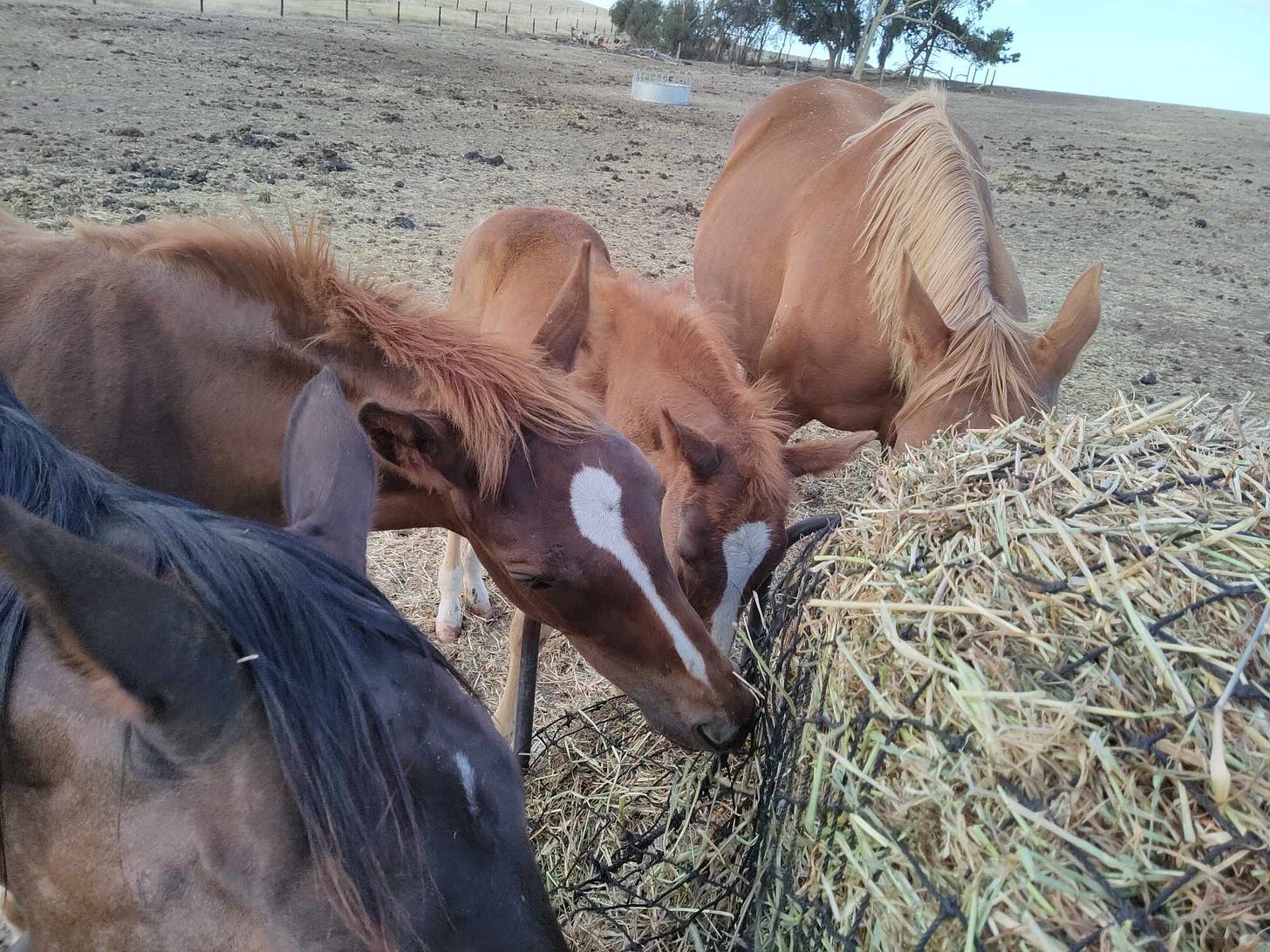10 things smart breeders have in common.
Where do you fit?
What 10 things do smart breeders have in common?
1. They think in decades, not days.
With everything they do, they expand the time horizon which lays the foundation for long term success. There is no short-term thinking.
2. They do not care about what other people think of them.
They realize everything worthwhile stands on the other side of looking stupid as a beginner, so they ask loads of questions and are prepared to look foolish to begin with. They do what others are not prepared to do.
3. They have intense focus!
They believe in themselves but never consider themselves so good they become complacent.
4. They are always reading and listening and are forever looking at ways they can improve.
They are in a constant state of motivation. They always think they need to know more and are incredibly curious.
5. They fall in love with the basics.
They realize there are no short cuts and they do the simple basics, every single day, longer than others are willing to, simply because they enjoy the basics.
6. They ruthlessly prioritize what’s important and what needs to get done.
They don’t procrastinate and they refuse to sit still until what is needed is done.
7. They go from idea to execution quickly.
When they see an opportunity that meets their criteria, they go for it. They don’t hesitate because they have done the work to understand what is a no-brainer investment.
For example: jumping in and buying the horse they want to add to their breeding programme, when the opportunity presents itself. It may seem like an impulsive move, but the reality is, they have already done the research over time. They know a good deal when they see one and can “go for it”.
8. They can prioritize selling a horse.
When a new one comes onto the place, they know they need to keep their stock levels consistent. Increasing numbers without selling some off, holding out for “the right price” can prove disastrous over time.
9. Their horses are kept in good condition all year round.
Visitors always have a favorable impression. Photos can be taken any time to send to enquirers.
They take their horses out for the public to see.
They learn what is needed to market their horses favorably - (photos, training, competition, social media activity) and action it.
What would you add to this list?
Share your thoughts in the comments below.
Would this list change if you only intend to breed one foal?
What might you want to action next?
I don’t know about you, but in our area (South Australia) we have just had one of the driest years on record. South Australia has had a declared state of emergency due to the drought. Our horses are maintaining their condition with a mix of barley straw and horse pellets. Our “skinnies” - the ones which have dropped topline, such as the older broodmares - (not really skinny) are receiving meadow or rye hay and pellets. So far all are looking well.
Drought feeding is a constant battle to source good quality hay as prices become increasingly higher. Other parts of Australia have enjoyed a good season, so fortunately hay can be sourced from interstate for the time being, but have added transport costs.
Horse owners and breeders must anticipate such occurrences well in advance so as to not be left short. Make sure you listen to long range forecasts and plan accordingly. Scale back numbers of stock, before “everyone” is doing so, as otherwise the market will be flooded with others trying to sell off too.
We have also had the advantage of sending some horses out on agistment and for lease, which eases the management.
Luckily this drought is regional, and we have had good sales to buyers in other areas.
If you are in a drought prone area, you have to work harder, but smarter, to keep your motivation levels strong and not get trapped with too many horses to care for.
Did you know?
A horse’s digestive system is structured to have a highly fibrous diet. High protein levels are not for horses. Keep their gut healthy by having free choice hay, and only short periods of time without anything to eat.. Allow them to eat hay before and after you ride.
Slow feeders are an ideal way to reduce intake of greedy eaters. As you can see in the photo above, a net has been placed over the bulk feeder, to slow down eating, and to avoid waste.
See you next time in your inboxes ~ Jeanette






